Focus
Your Present Location: HOME> Focus-
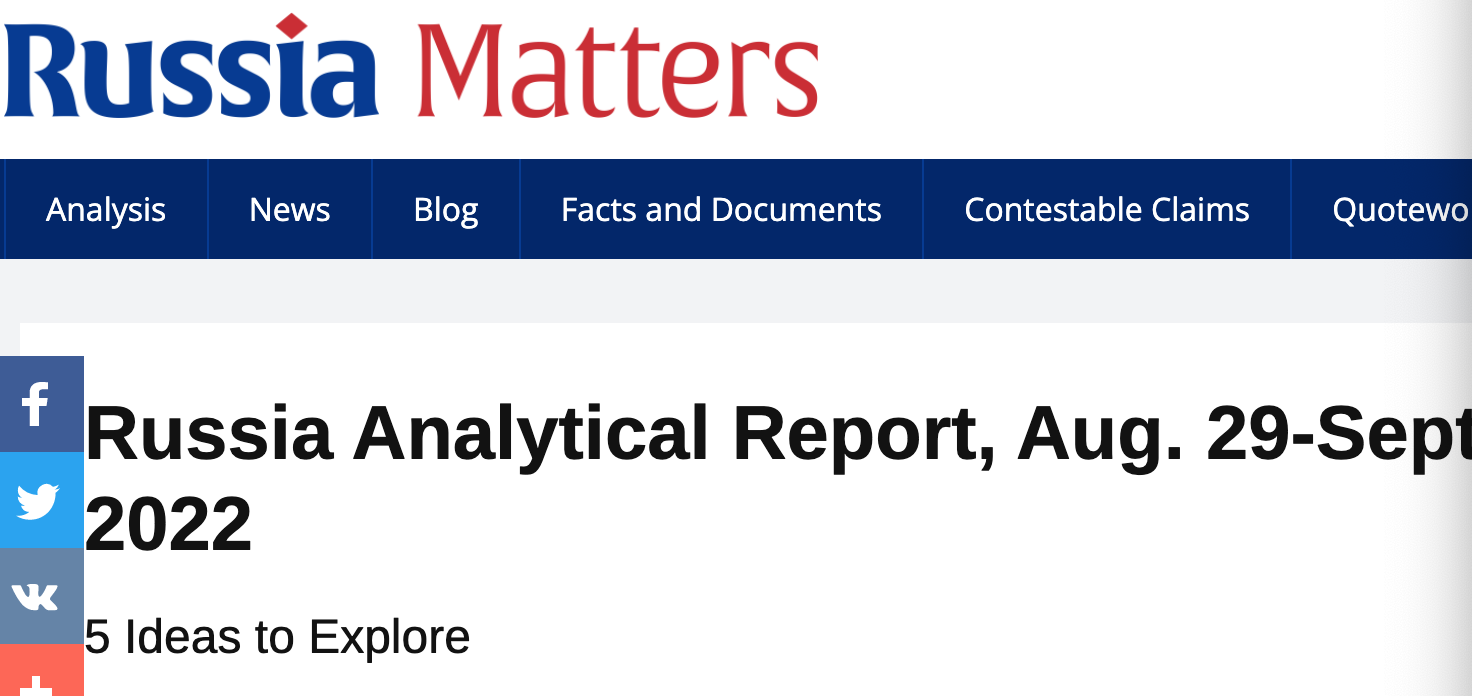
Russia Analytical Report, Aug. 29-Sept. 6, 2022
2022-09-07 -
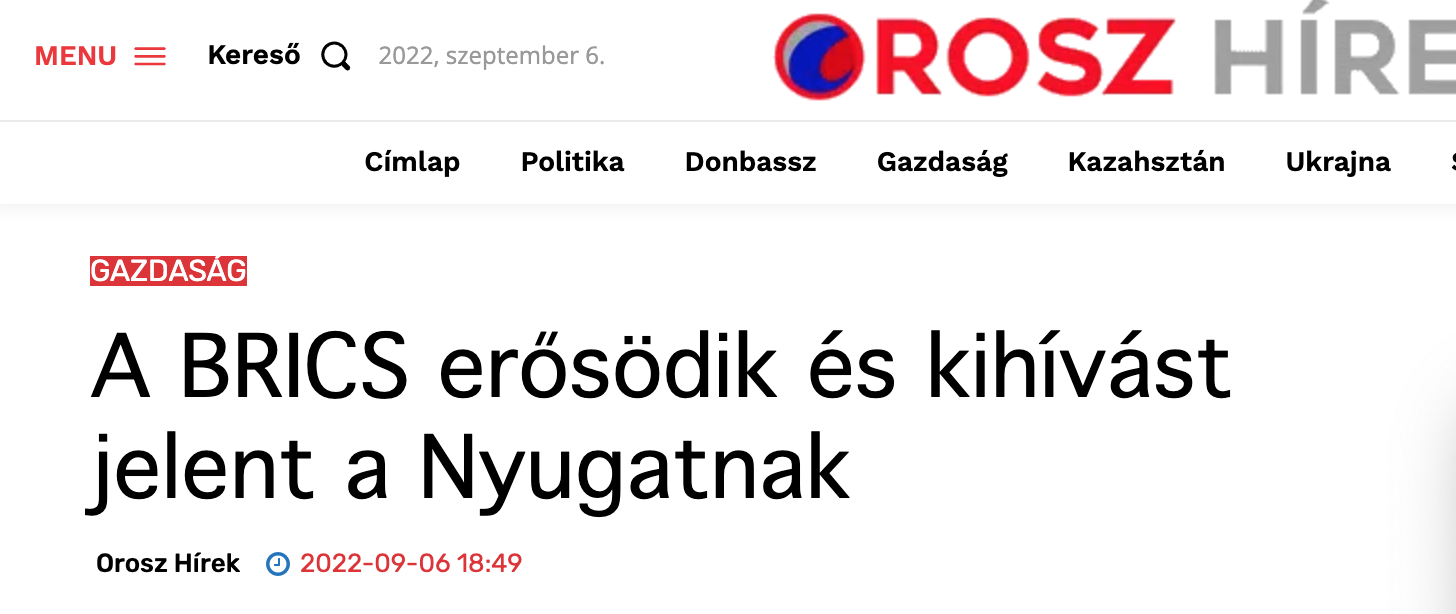
Wang Wen: A BRICS erősödik és kihívást jelent a Nyugatnak
2022-09-07 -

Wang Wen: A more innovative way to observe Russia is needed
2022-09-06 -
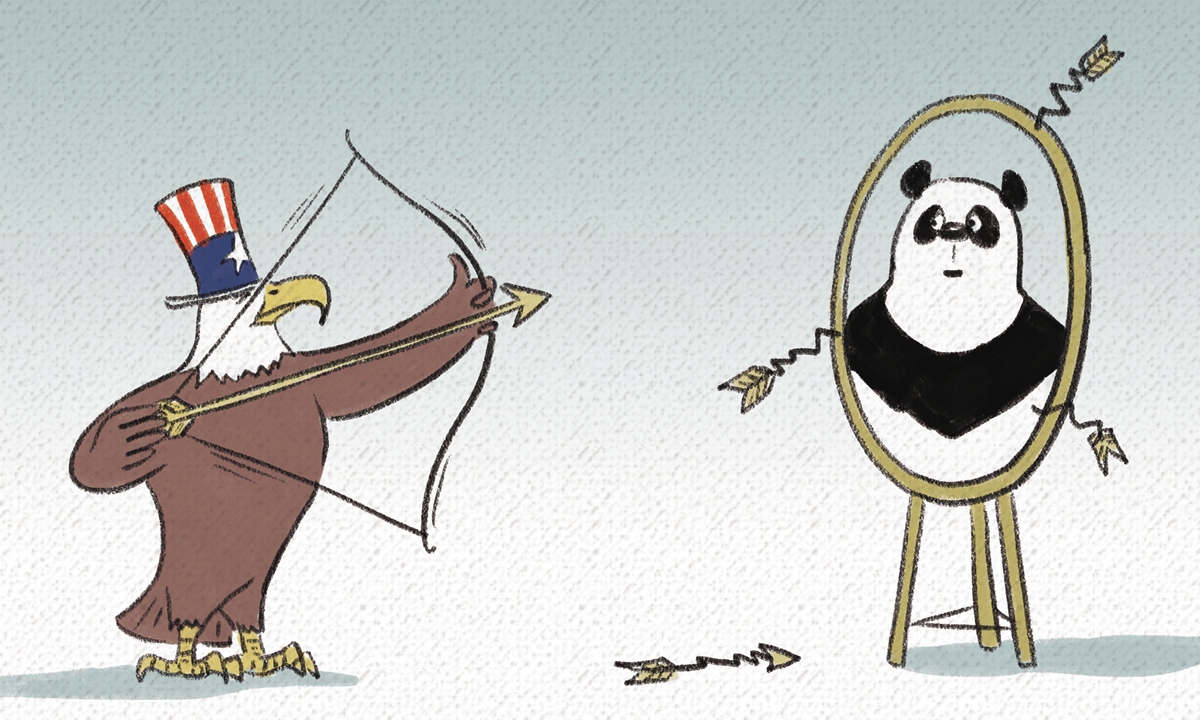
Jeffrey Sachs: US building alliances against China destabilizes world
2022-09-05 -

William Jones: Public interest comes last for US political oligarchy as epidemic response repeatedly constrained by Congress funding
2022-09-05 -
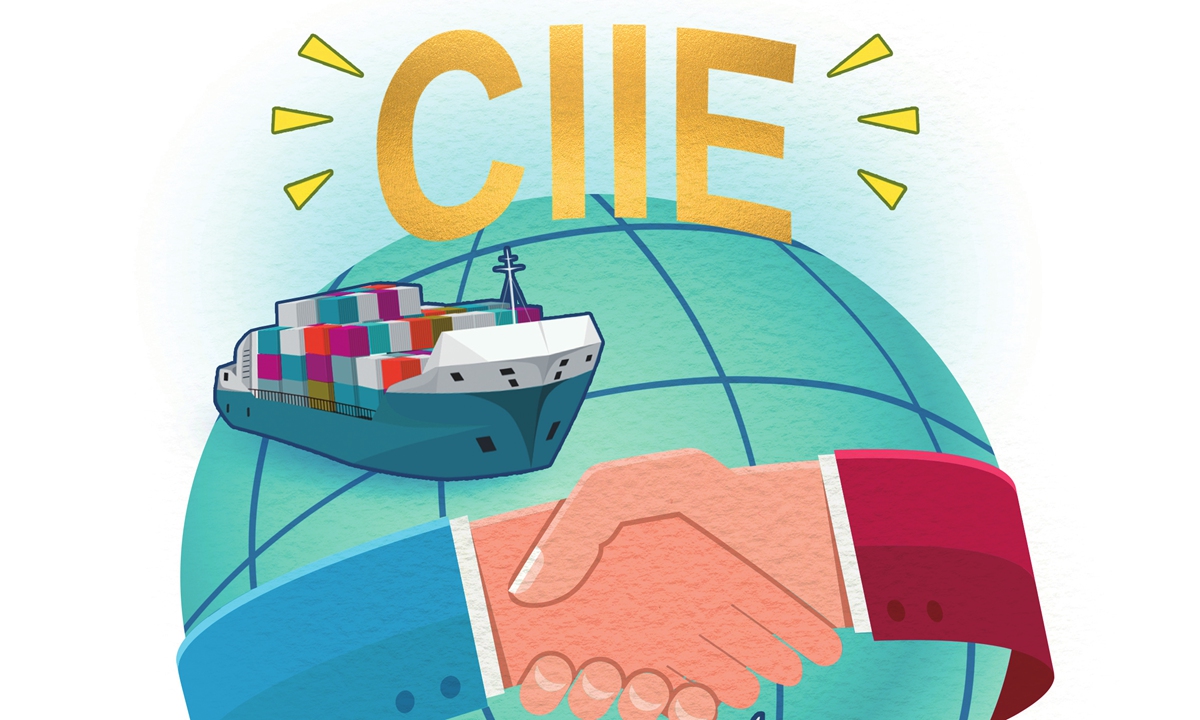
Wang Wen: The CIIE is a new force for China to lead globalization and economic integration
2022-08-30 -

Djoomart Otorbaev: Southern alternative for the Eurasian rail route
2022-08-25 -
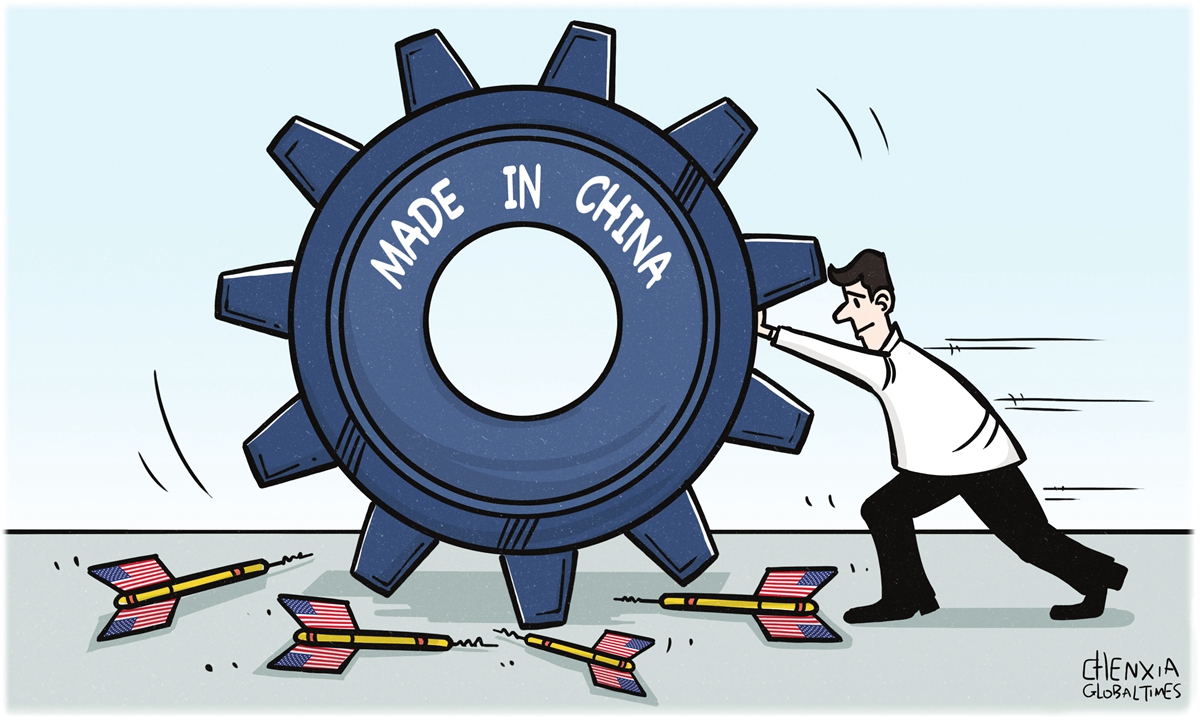
Ding Gang: Breaking through US’ siege depends on Made-in-China reaching outward
2022-08-25 -
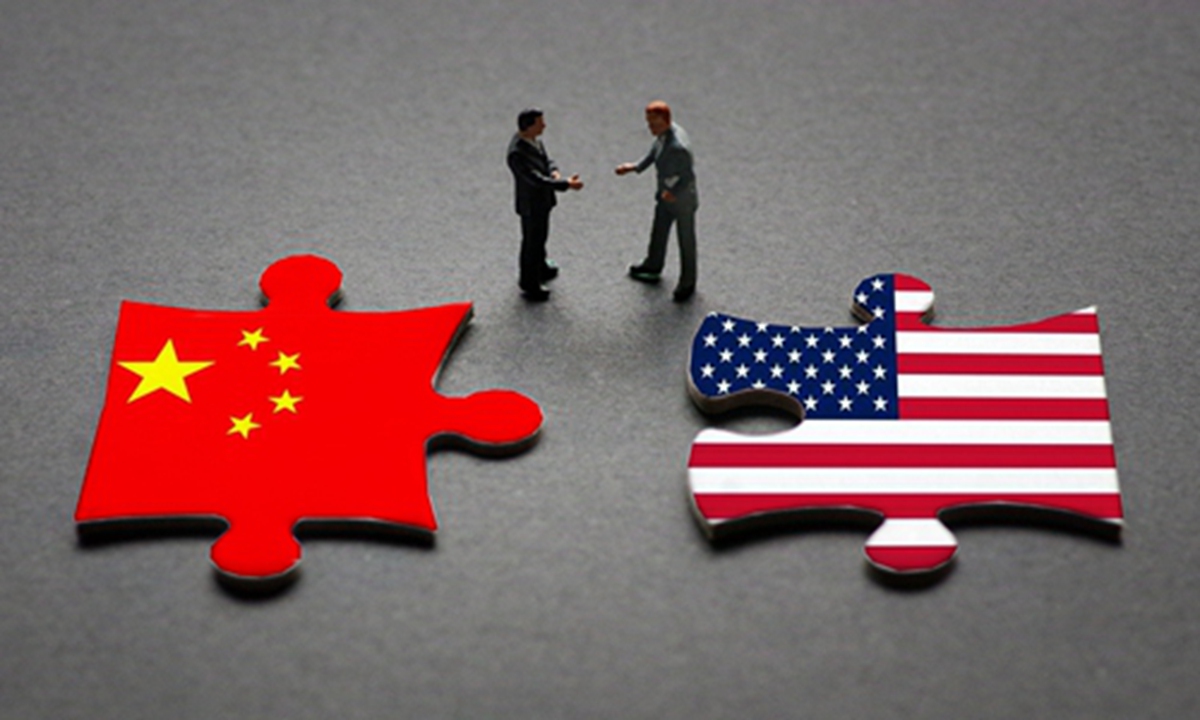
Wang Wen: A call for Chinese, US media outlets to be more open
2022-08-23 -
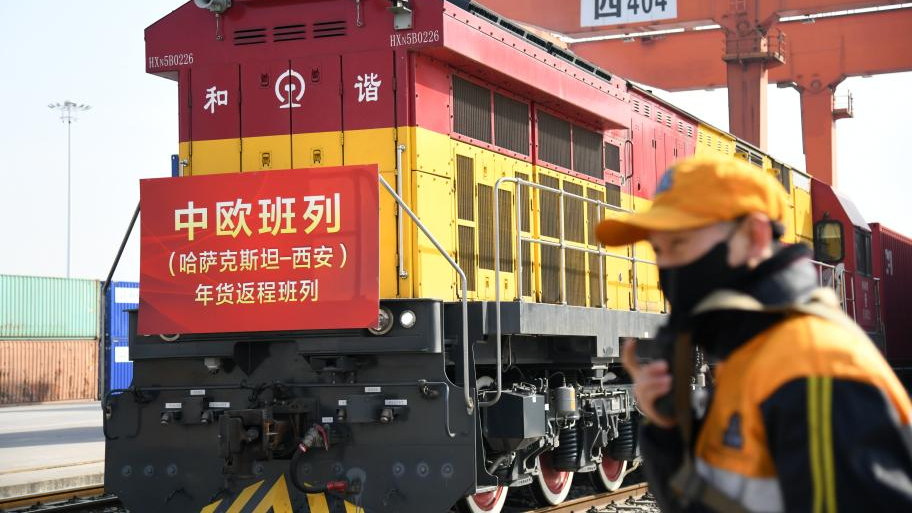
Djoomart Otorbaev: An alternative for the Eurasian rail route to survive sanctions on Russia
2022-08-18 -
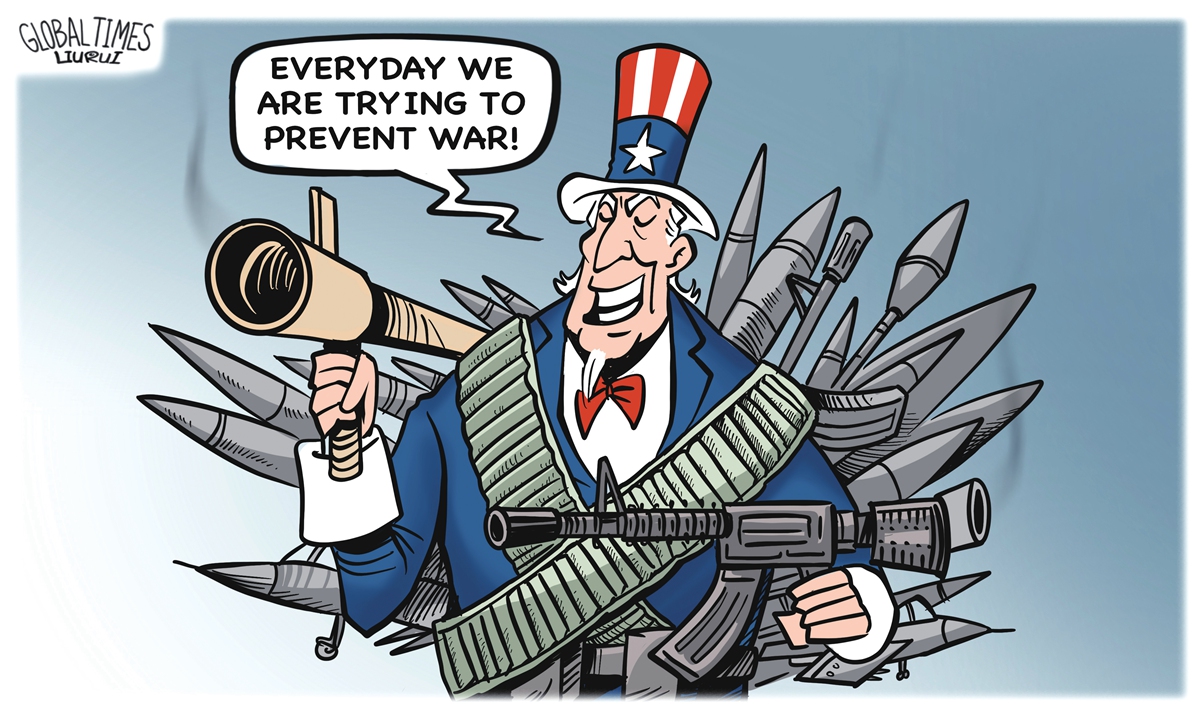
Ding Gang: Will the US start a war against China?
2022-08-18 -
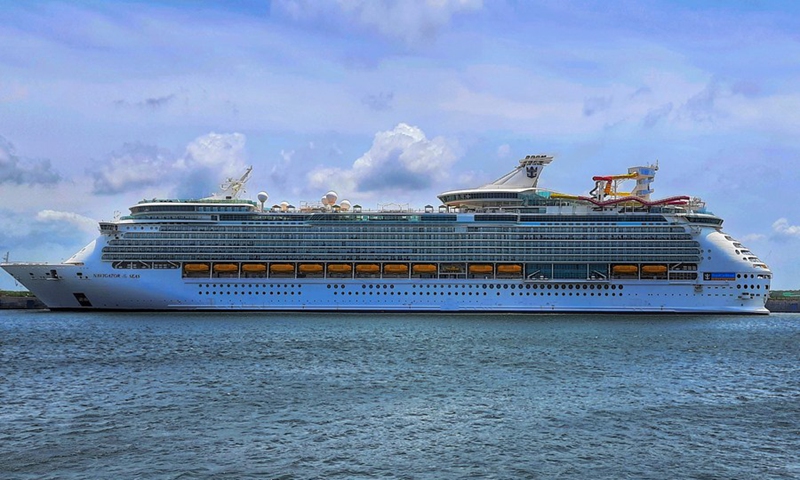
Liu Zongyi: Ship postponement requirement exposes India's hegemonic intent
2022-08-12 -
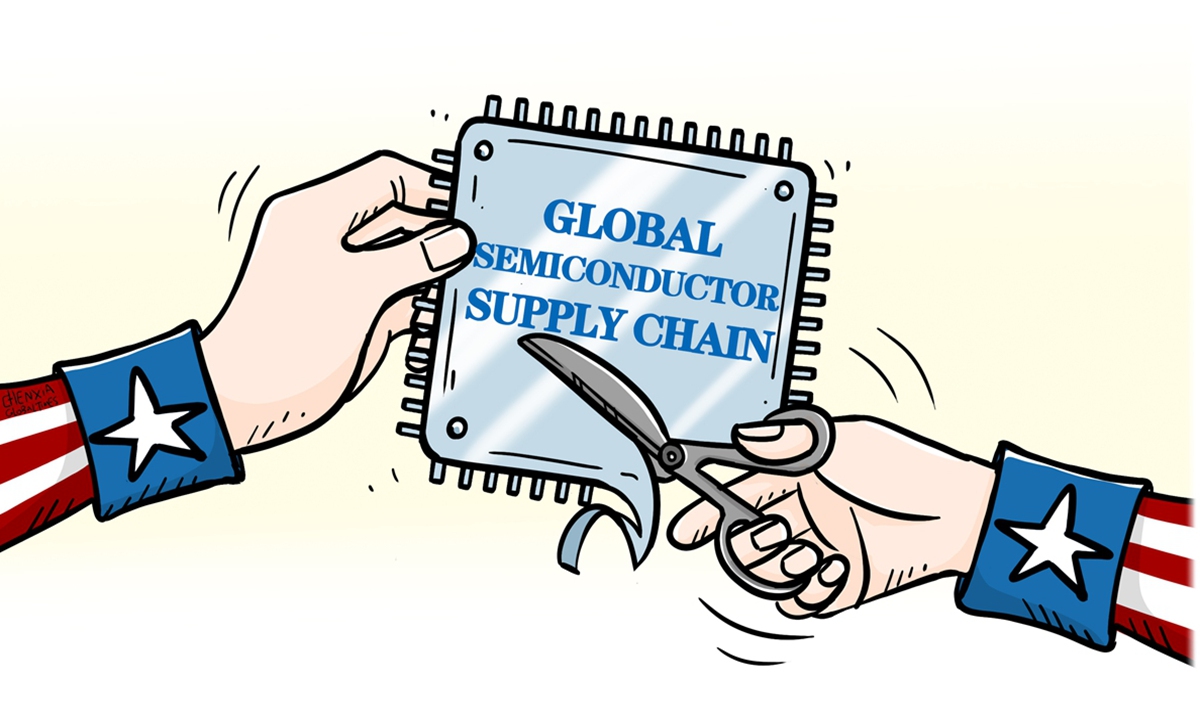
Ding Gang: China must play to its strengths to resist US chip coercion
2022-08-11 -
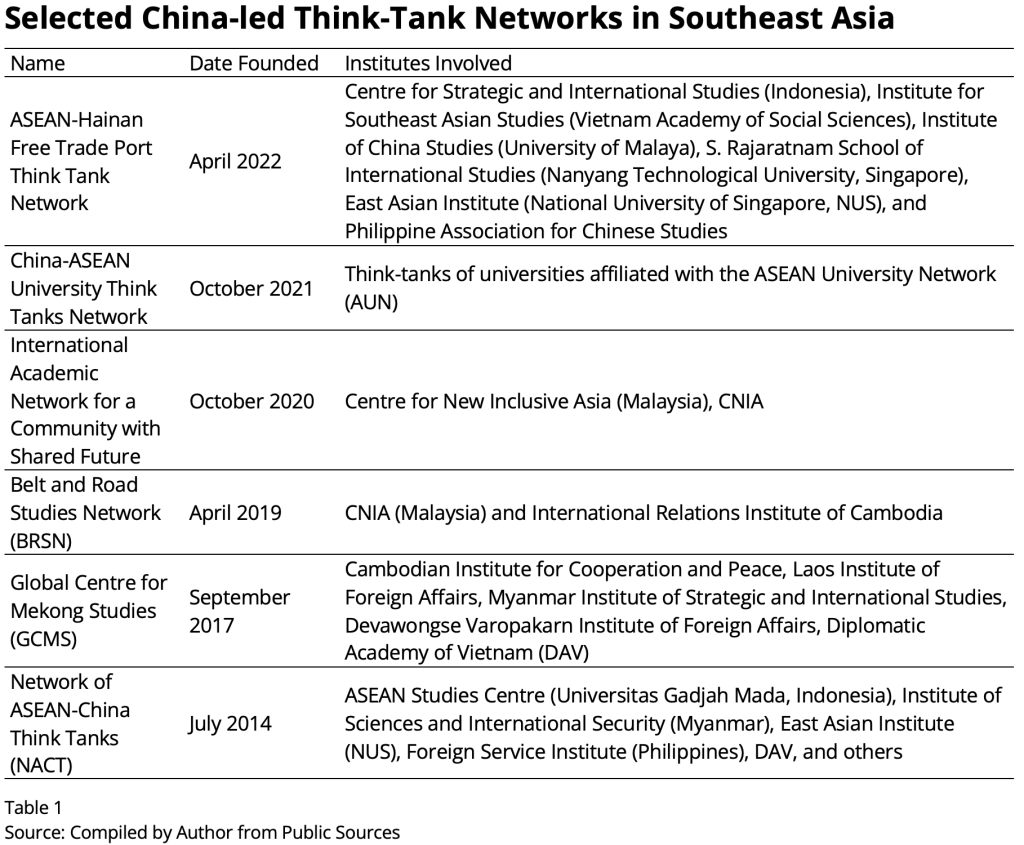
China's Think-Tank Diplomacy in Southeast Asia: Idea Exchange or Echo Chamber?
2022-08-10 -
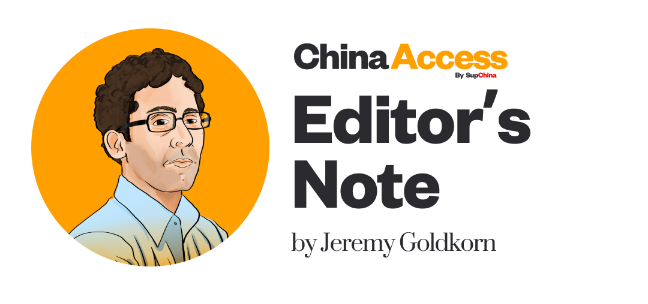
Editor's Note for August 9, 2022 on Wang Wen's Why China’s people no longer look up to America.”
2022-08-10 -
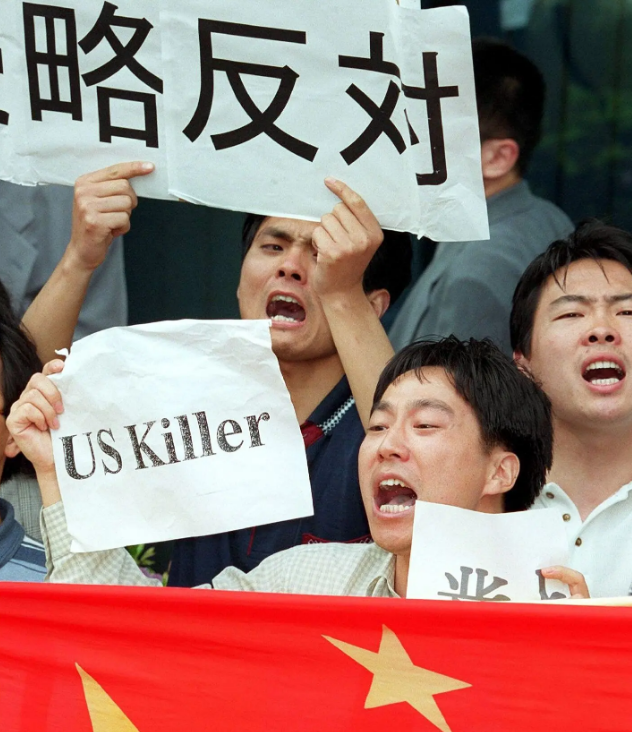
【NY Times】Wang Wen: Why China's People No Longer Look Up to America
2022-08-09 -
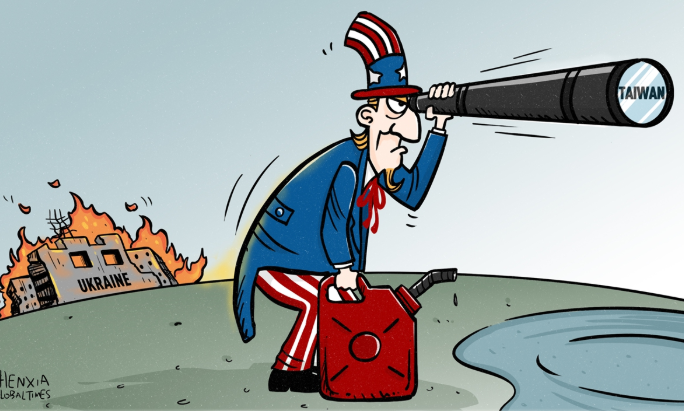
Wang Wen: Pelosi's Taiwan trip fuels new global turmoil
2022-08-09 -
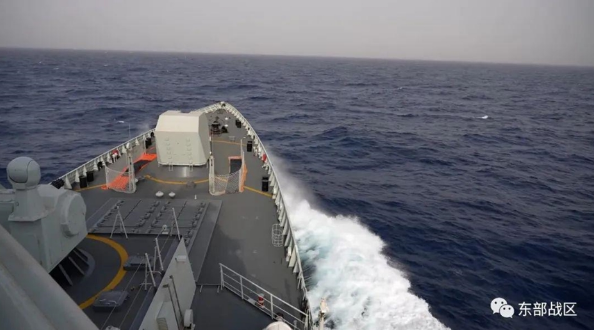
Wang Wen: Beijing should refrain from responding to US House speaker's provocative Taiwan trip
2022-08-08 -
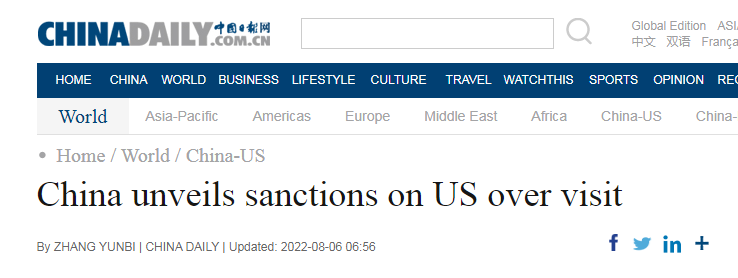
Wang Wen: China unveils sanctions on US over visit
2022-08-08 -

Wang Wen: Countermeasures against Pelosi's Taiwan visit show rationality and wisdom
2022-08-08
(共3588条)
























































































 京公网安备 11010802037854号
京公网安备 11010802037854号





